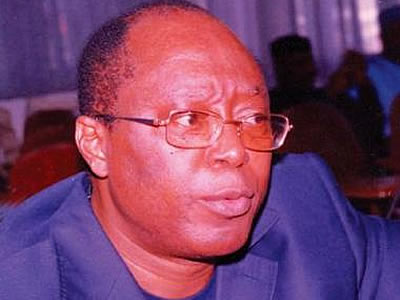A former senator, Prof. Oserheimen Osunbor, said a healthy and harmonious legislative and executive relationship was key to good governance.
He represented Edo Central senatorial district.
Osunbor said this in Abuja on Tuesday in a paper he presented at a two-day International Conference on Emerging Democracies in Africa with the theme, “Challenges and Opportunities”.
The paper is entitled: “Legislature, Executive Relationship, Toward Building a Pact for Good Governance and Accountability’’.
He said the disagreements between the two arms of government were often exaggerated and over dramatised.
He said that in some instances, such disagreements might help to reinforce mutual respect between the two arms of government and promote accountability.
Osunbor said that the failure by the executive to implement budgets in full had remained one of the reasons for conflicts between the legislature and the executive.
“Failure to implement budgets in full or not implementing some projects at all remains a sore point in our democracy,’’ he said.
He said that while the executive had the responsibility to manage the economy, the legislature was saddled with the responsibility to know how the resources were being managed.
“As representatives of the people, members of the legislature will always resist any attempt to shut them out of the decision as to who gets what, when and how,” he said.
The former senator enjoined the two arms of government to establish a platform or mechanism to bridge differences that would provide a link between them.
He attributed the stability being witnessed by the legislature in the country to the ability of members to elect their officials without external influence.
The News Agency of Nigeria (NAN) reports that the conference, among others, is expected to evaluate the roles and weaknesses of institutions and actors in the democratic process of emerging democracies.



